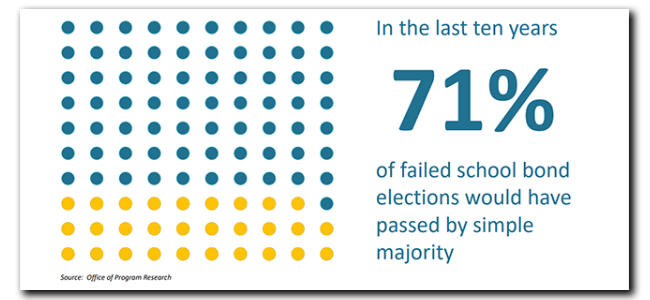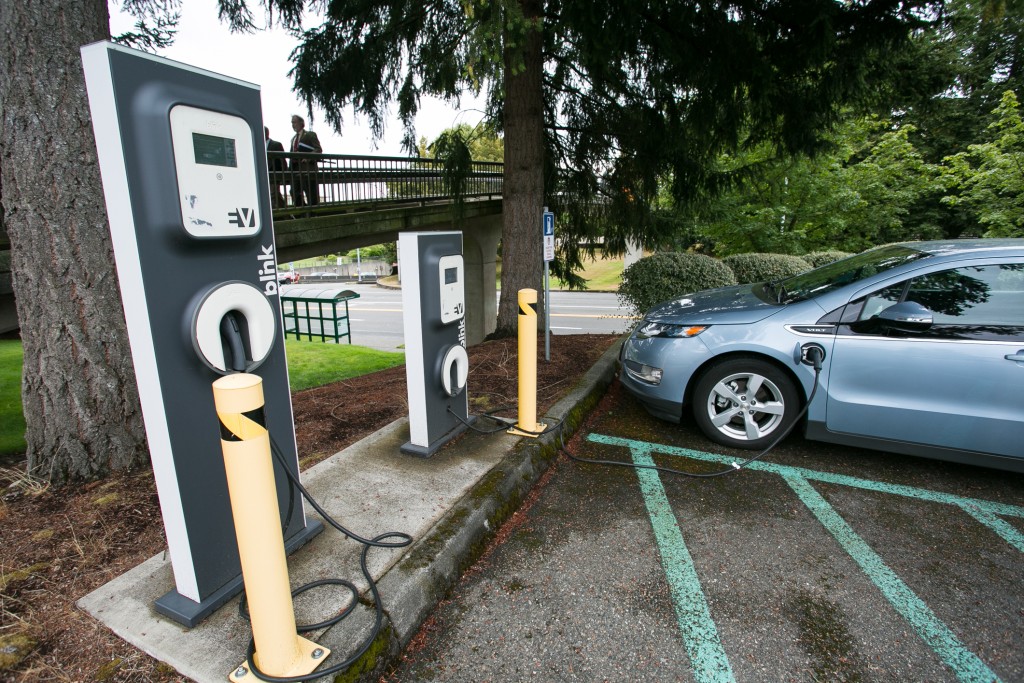Privacy in your technology
Last week I introduced HB 2046 to improve the transparency of data collection from personal devices.
As time moves forward, technology is becoming a more integral part of our lives. With that integration of technology in everything we do, our personal data and information becomes less private. It is important that we set limitations to what information technology companies have access to and how they may collect it.
My bill will require companies to provide clear and concise messaging, to all Washington consumers, about their collection, use, and selling of personal data. The bill will also require that this messaging is provided in light context, so consumers will be less intimidated and more willing to read it.
HB 2046 will have its first hearing on Wednesday at 8:00 a.m. in the House Committee on Innovation, Technology & Economic Development.

Giving homeless college students a hand
About a third of college students in the United States are struggling with hunger and stable housing, and nearly 10 percent are homeless.
Learning is more difficult for hungry and homeless students, no matter what their age. House Democrats have worked hard to put in place programs like Breakfast After the Bell and free and reduced-priced lunches to help kids in K-12 focus on school. Once they graduate, however, they no longer have this safety net and they continue to struggle through college.
I am cosponsoring a bill that would create pilot programs at a handful of colleges and universities, on both sides of the Cascades, to collect data and help students experiencing homelessness and who were in foster care when they finished high school, by providing:
- Access to laundry facilities, storage, locker rooms and showers, and technology;
- Reduced-price meals or meal plans;
- Access to short-term housing or housing assistance, especially during seasonal breaks; and
- Case management services.
We know that going to college is a dream for many, but for students who are struggling to meet their basic needs, that dream can be unreachable. This legislation could be the difference between having to drop out and making it to graduation.
Simple Majority for School Bonds is Long Overdue
If I won my election with 59% of the vote, that would be considered a landslide. Yet if a school bond vote receives similar support, it’s considered a failure.
That’s because Washington state has an archaic and undemocratic law on the books that requires local school bond votes to receive 60% support in order to pass. This is a Great Depression era policy that’s left too many students struggling to learn in deteriorating classrooms and even in dilapidated portables.
The threshold for school bonds should be set at a simple majority. This change is important so all kids can learn in safe, comfortable classrooms.
I’m a proud supporter of HB 1184 and HJR 4203, which would lower the school bond threshold to a simple majority.
Many thanks to the Everett Herald editorial board for voicing their support for simple majority school bonds. This change is long overdue.
How to become a citizen advocate
Did you know that anyone can testify in committee on a bill?
Maybe you have been doing some research on the legislative website or heard about a piece of legislation on the news and you want to express your support or opposition to the bill. Maybe you have experience in the particular subject area, or you have strong feelings about a particular issue. No matter the reason for your interest, there are a few ways that you can get involved.
Here is a great step-by-step guide on how to testify in committee. You do not need to be a lobbyist, lawyer, or have any credentials to testify in committee. The guide offers some practical advice on how to prepare and make the most out of your time in front of a committee.
If you cannot make it to Olympia to testify, you can comment on a bill directly through the legislative website. You are also more than welcome to reach out to me via phone or email to make your views known.
House Democrats introduce bold Green Transportation legislation
How will Washington state lead the way when it comes to new technology and ideas for a cleaner, more sustainable transportation system? One possible answer to that question is through House Bill 2042.
The bill includes major reforms to move away from the costs and pollution of fossil fuels and toward cleaner technology, including:
- Making electric vehicles more affordable and accessible for everyone;
- Increasing the network of electric car chargers across the state;
- Helping transit agencies transition to electric buses;
- Solving the last-mile problem in mass transit, to get you from a ferry terminal, bus stop or train station to your final destination; and
- Enhancing efforts to get cars off the road through increased carpooling, vanpooling, telecommuting, walking, biking, or taking mass transit instead of driving alone to work every day.
This legislation works hand-in-glove with clean fuel and electricity reforms moving through the House Environment & Energy Committee.
The goal of all these related reforms is to keep Washington state a world leader on new ideas in clean technology, and to leave our children with a cleaner, more sustainable transportation system.
Thank You
Thank you all for taking to the time to read this week’s newsletter and for taking an interest in our progress in the House of Representatives. If you have any questions, inquiries, or concerns please feel free to contact me with the info below.
Sincerely,
Shelley Kloba
Representative, 1st Legislative District
Washington State Legislature


